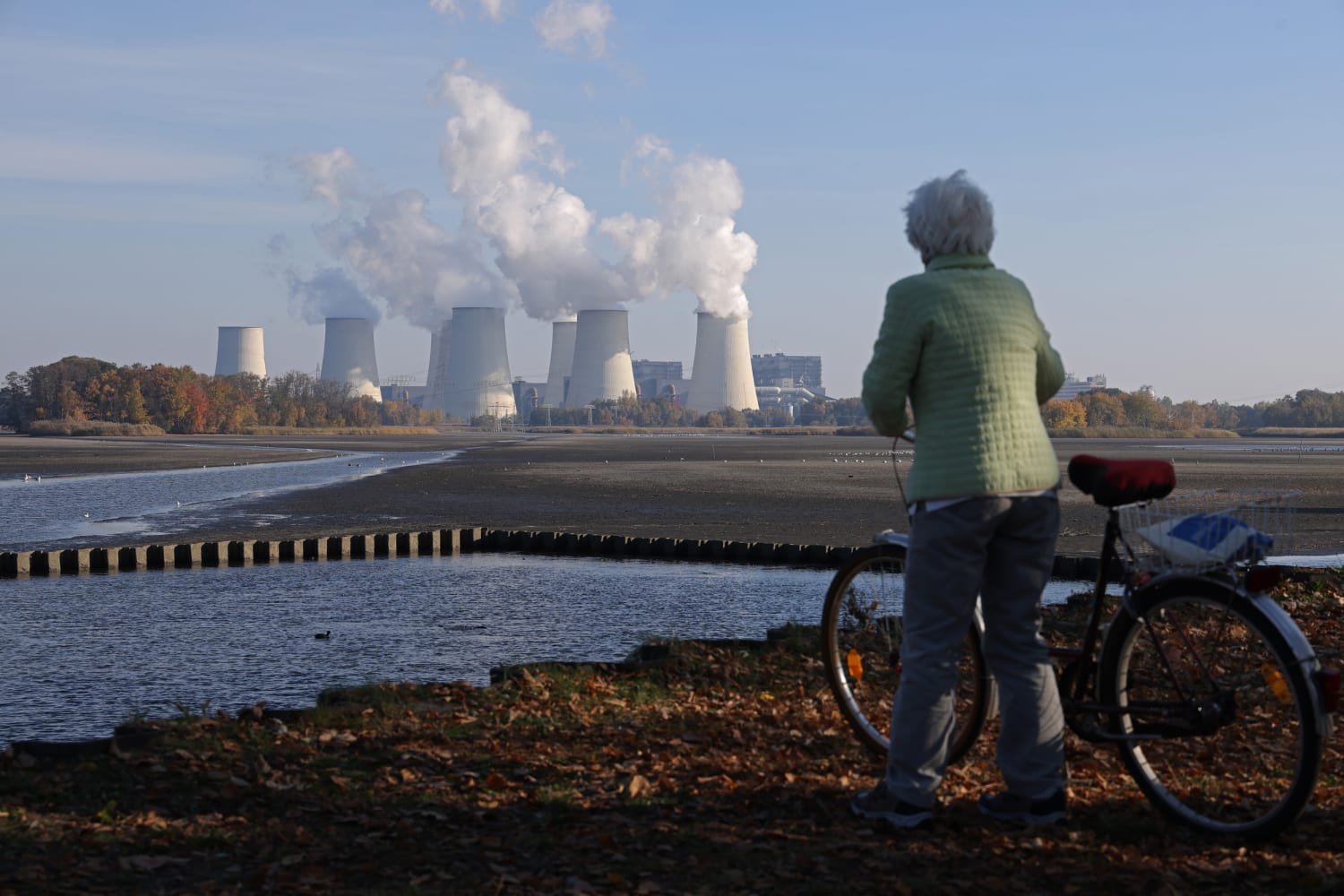The world is “nowhere near” hitting its targets to cut greenhouse gas emissions, putting it on track to soar past the limit for global warming countries committed to in the landmark 2015 Paris Agreement, the United Nations has warned.
That means the planet is on course for a future marked by unprecedented heatwaves, destructive storms and drought, as well as the extinction of animal and plant species.
Current plans would see temperatures rise to 2.5 degrees Celsius (4.5 Fahrenheit) above pre-industrial averages by the end of the century, the U.N.’s climate office said in a new report Wednesday revealing its latest estimates. That figure, which is based on 193 national emissions targets, is a full degree higher than the goal set out in the Paris climate pact, which aimed to limit warming by 1.5 C (2.7 F)
The U.N. said in a news release Wednesday that while countries are “bending the curve of global greenhouse gas emissions downward,” these efforts “remain insufficient to limit global temperature rise to 1.5 degrees Celsius by the end of the century.”
Emissions were expected to increase 10.6% by 2030 from 2010 levels, the report said, representing a slight decrease from estimates last year. But the impact of countries’ pledges to ramp up their climate fight is falling short, scientists behind the report warned.
“We are still nowhere near the scale and pace of emission reductions required to put us on track toward a 1.5 degrees Celsius world,” Simon Stiell, head of the U.N. climate office, said in a statement. “To keep this goal alive, national governments need to strengthen their climate action plans now and implement them in the next eight years.”
The warning comes as world leaders prepare to gather in Egypt next month for the annual U.N. Climate Change Conference. That will take place against the backdrop of Russia’s invasion in Ukraine, which has driven a mounting international energy crisis and hindered efforts to tackle climate change.
At last year’s highly anticipated climate summit in Glasgow, COP 26, countries had vowed to ramp up their efforts to cut emissions.
The U.N. report analyzed commitments made by nations around the world to curb emissions, known as nationally determined contributions, or N.D.C.’s. But it found that just 24 new or updated climate plans were submitted by countries since COP 26.
“The fact that only 24 new or updated climate plans were submitted since COP 26 is disappointing,” said Stiell. “Government decisions and actions must reflect the level of urgency, the gravity of the threats we are facing, and the shortness of the time we have remaining to avoid the devastating consequences of runaway climate change.”
In April, U.N. Secretary-General António Guterres warned that the planet was on a “pathway to global warming of more than double the 1.5 degree (Celsius, or 2.7-degrees Fahrenheit) limit” that was agreed in Paris in 2015.
“This is not fiction or exaggeration. It is what science tells us will result from our current energy policies,” he said at the time.
Guterres warned that unless action is taken soon to address the current trend, some major cities will be under water and countries could face “unprecedented heatwaves, terrifying storms, widespread water shortages and the extinction of a million species of plants and animals.”
Associated Press contributed.
Source: | This article originally belongs to Nbcnews.com











